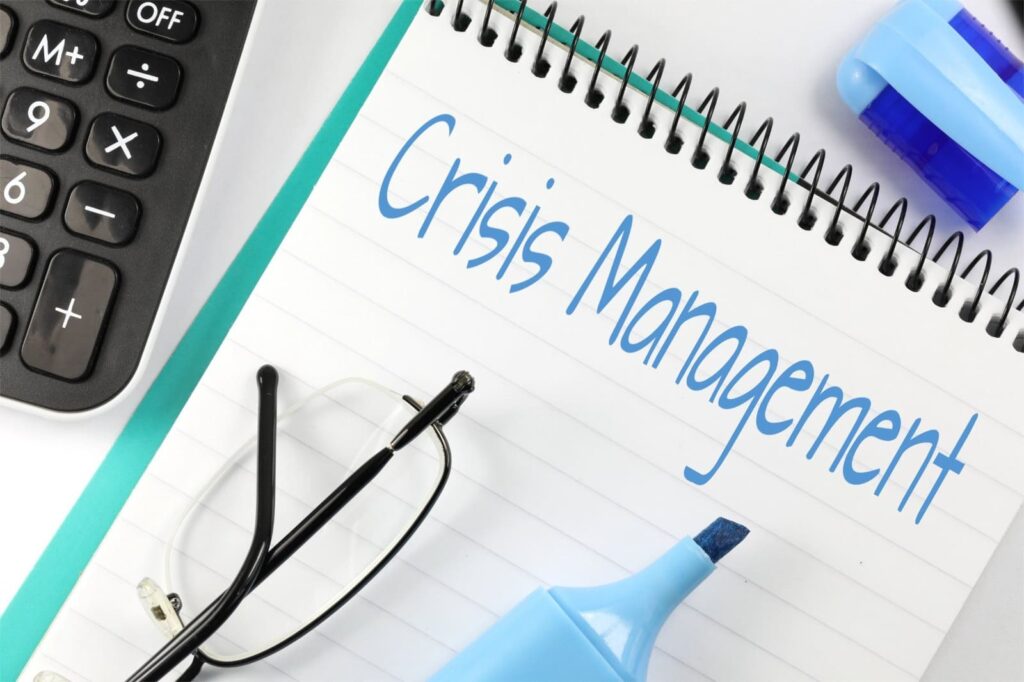Crisis Communication in the age of social media
Social Media platforms are no longer just places where people just chat, meet other people, and upload photographs. These are the places that are opinion shapers and most youngsters nowadays consume their daily share of news through these platforms and hence, whenever a crisis strikes, most companies use these platforms to communicate their message. There are several advantages of using social media to navigate through the perilous times of crisis. Some of these include:
1.Real-Time Monitoring and Early Detection
Social media platforms have become a breeding ground for the rapid spread of information, both accurate and inaccurate. It is crucial for organizations to invest in robust monitoring systems to track conversations, mentions, and sentiments around their brand. By detecting potential crises early on, organizations can respond proactively and minimize the impact.
2.Speed and Timeliness in Response
Social media demands quick response times. Organizations need to be agile and ready to address crises promptly. Delayed or inadequate responses can lead to speculation, rumors, and negative perceptions. Developing a crisis response plan that includes clear guidelines and designated spokespersons can help organizations respond swiftly and effectively during a crisis.
3.Transparent and Authentic Communication
Social media users expect transparency and authenticity from organizations. In times of crisis, it is crucial to provide accurate and timely information, address concerns, and acknowledge any mistakes or shortcomings. Organizations should avoid deleting negative comments or blocking users as it can worsen the situation. Instead, they should engage in open dialogue, addressing concerns with empathy and sincerity.
4.Engaging Stakeholders
Social media enables direct communication with stakeholders, including customers, employees, media, and influencers. During a crisis, organizations should leverage these platforms to disseminate information, updates, and reassurances. Engaging in two-way communication can help address concerns, correct misinformation, and maintain trust and credibility.
5.Influencer Partnerships
Influencers wield significant influence on social media platforms. Collaborating with relevant influencers who have credibility and a positive reputation can help organizations shape the narrative during a crisis. Building relationships with influencers beforehand and including them in crisis response plans can amplify positive messaging and counter negative sentiment.
6.Empathy and Humanization
Social media users respond positively to humanized and empathetic communication. During a crisis, organizations should show empathy towards those affected, demonstrate genuine concern, and provide support where possible. Sharing personal stories, highlighting individual experiences, and showcasing acts of compassion can help humanize the organization and generate goodwill.
7.Monitoring and Managing Online Reputation
Social media can be a double-edged sword during a crisis. While it amplifies negative voices, it also provides an opportunity to address concerns directly. Organizations should actively monitor and manage their online reputation by responding promptly, addressing criticisms constructively, and taking necessary steps to rectify the situation. Proactive reputation management can help mitigate long-term damage to the brand’s image.
8.Learning and Adapting
Social media crises can provide valuable lessons for organizations. Post-crisis, it is important to conduct a thorough analysis of the situation, including the effectiveness of the crisis response. This analysis should inform future crisis communication strategies, enabling organizations to learn from their mistakes and continuously improve their crisis management processes.
In the age of social media, effective crisis communications is imperative for organizations to protect their reputation and maintain stakeholder trust. By being proactive, transparent, authentic, and empathetic, organizations can navigate crisis successfully. Leveraging the power of social media, monitoring conversations, engaging stakeholders, and learning from past experiences can help organizations build resilience and turn crisis into opportunities for growth and reputation enhancement.

